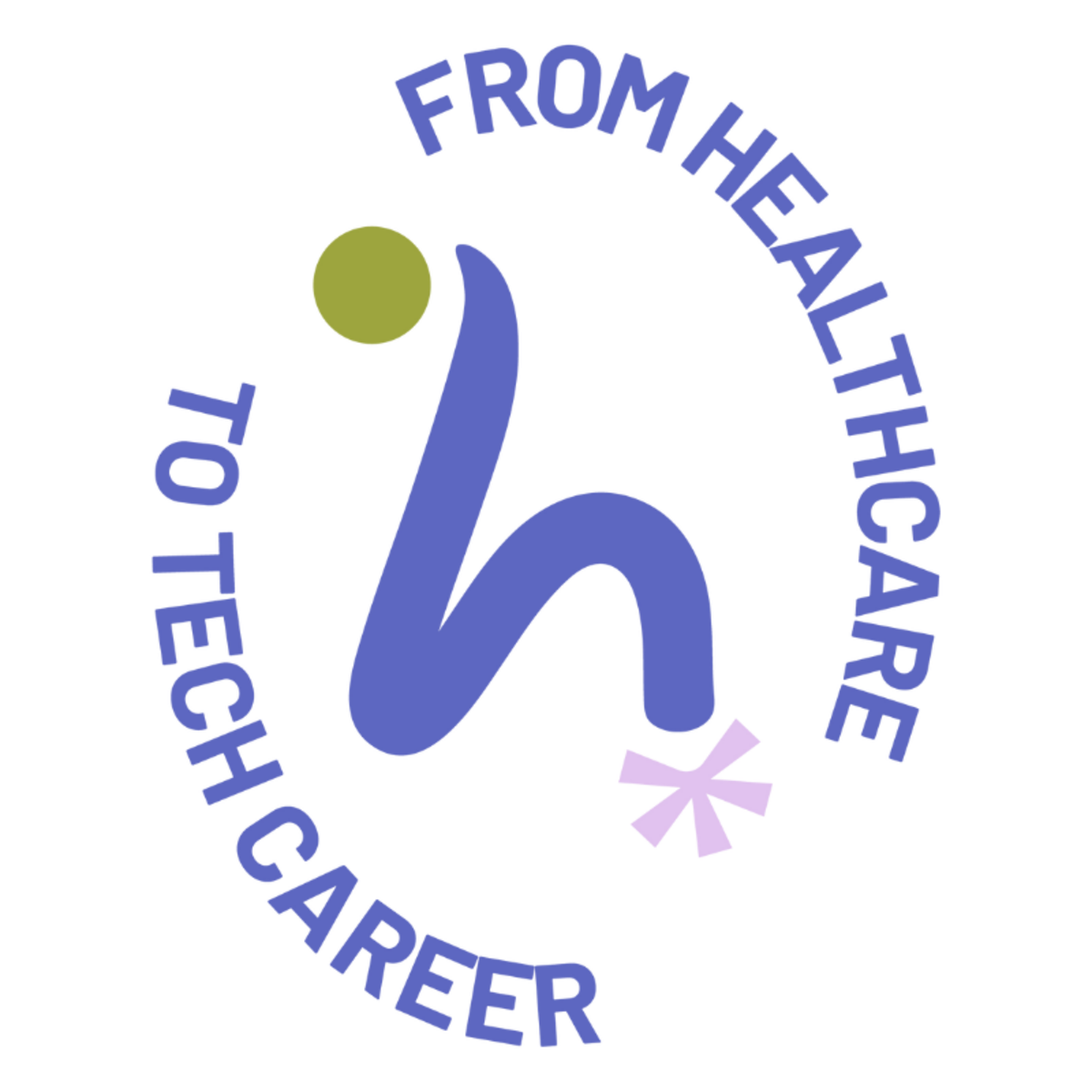Hey Health Techies!
This week marks 10 years since I began working in health tech, and it’s hard to believe to say the least. In that time, I’ve learned a lot about myself, the healthcare system, and how to build great products in this complicated space.
I remember that first week so vividly. I was completely overloaded with new technology to learn. On top of it, there was an impending snowstorm here in New England and we were prepping for the possibility that we may not be able to ship meds out later in the week. It was chaos in the best way possible, and got me hooked on startup life. So to mark this occasion, I wanted to share with you 10 lessons I’ve learned over the years.
ONE
Adoption is as important as innovation.
Ok sure, this goes for any product. It doesn’t matter how cool the thing is that you’ve created. If you can’t get anyone to use it, it’s dead in the water.
But in healthcare adoption is just that much harder. Patients aren’t willing to change their routines, especially if they don’t understand the benefits or the benefits feel largely invisible to them. And clinicians aren’t willing to change their safe and established workflows to use some new solution that may be incrementally better.
Adoption is the ultimate barrier in the health tech space and the more you can make your product a no brainer for users, the better off you’ll be.
TWO
Tech can fix a myriad of problems in the system but automating inefficiencies just leads to an even more fragile, still inefficient process. Just like in diagnosing humans, it’s best to fix the root cause rather than treating the symptoms.
THREE
Sometimes policy will be ahead of innovation, sometimes it will be behind.
Tech companies are undoubtedly willing to push boundaries in areas where others have been coloring inside the lines for years. But it’s a careful balance. Push too far and your solution can’t gain traction due to red tape. Don’t push far enough and your behind the curve. Still it can be scary to watch from either side of the equation because change is inherently scary.
Take the bill that’s been introduced in the House that “artificial intelligence and machine learning technologies can qualify as a practitioner eligible to prescribe drugs if authorized by the State involved and approved, cleared, or authorized by the Food and Drug Administration, and for other purposes.”
Are we at all ready for this type of legislation? Not at all. Will it be needed eventually? Very likely.
FOUR
Similar to the spirit of #3, many in technology love to “move fast and break things” and often need clinician voices to keep an eye on quality and safety.
FIVE
Somehow it’s news to some companies that clinicians should be a main stakeholder in their product development. It’s still unclear to me how so many companies startup and get funding without even a token clinical advisor present 🤷🏻♀️
But I’m out to change this. Gone are the days that clinicians sit on the sidelines of clinical innovation. If you’re reading this, I know you believe this too.
SIX
Healthcare is and always will be human. I believe wholeheartedly in the promise that technology can improve healthcare, but humans heal humans and I believe that companies that focus on empowering clinicians will always beat those that focus on replacing them.
SEVEN
Building in the healthcare space is particularly hard because the customers and the payors are rarely the same. This creates incentives that are difficult to align.
EIGHT
Clinicians often get the reputation of being rigid and narrow-minded in the tech world. It’s up to us to figure out how to change this by leveraging our clinical training but also flexing our creativity, thinking big, and coming from a place of curiosity rather than skepticism when it comes to technical solutions.
NINE
Health tech is a team sport.
While I was used to that team involving a village of other clinicians when I worked in a clinical setting, there are even more humans needed to make a healthcare solution work than I ever expected.
Analysts. Designers. Engineers. Data scientists. Marketers. Operators.
It’s incredible that it takes this many people to scale a solution that can survive in the U.S. healthcare system. (I assume this is the case in other healthcare systems as well, but the U.S. system is what I know).
TEN
No matter where you go, people will spell “HIPAA” wrong. It’s simply not intuitive.
This issue brought to you by:
There’s a reason 400,000 professionals read this daily.
Join The AI Report, trusted by 400,000+ professionals at Google, Microsoft, and OpenAI. Get daily insights, tools, and strategies to master practical AI skills that drive results.
📰 Weekly Wrap-up
Women’s heart health startup Systole raises $2 million
Waterlily, an AI startup focused on long-term care, raises $7 million
📌 Job Board
Don’t miss these open roles 👀
Nurse Practitioner, Oncology Management - Thyme Care
Project Manager, Clinical Operations - Cardinal Health
Lead Clinical Project Manager - GE Healthcare
and more!
Until next time,
Lauren


